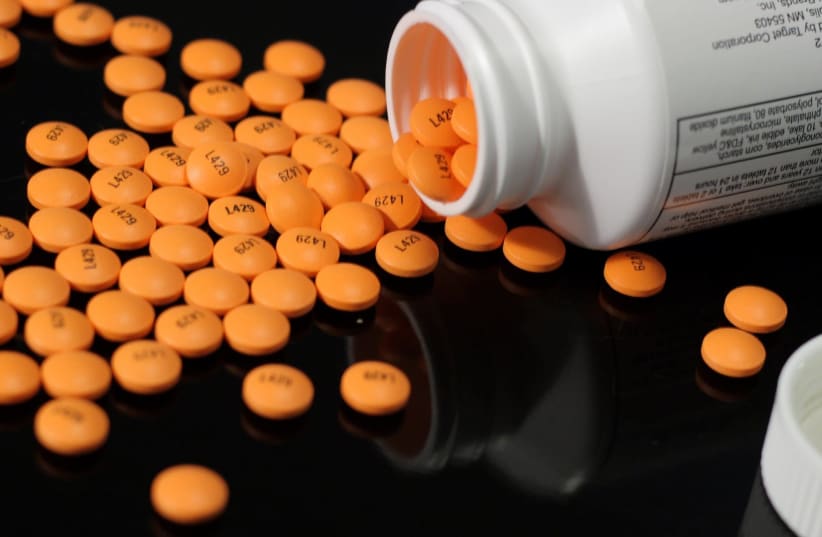The study, published in medRxiv, took 14,065 participants, with 6,797 participants administered with aspirin and 7,268 in the non-aspirin group.
Results clearly showed that the use of aspirin was linked with a 53% decrease in mortality compared to data from the non-aspirin patients with COVID-19.
Another study, restricted to hospitalized patients, found that the use of aspirin was associated with a 49% reduction in the risk for in-hospital mortality.
However, other studies have indicated that these findings are not accurate, claiming that aspirin cannot actually be linked to reduced mortality rates among coronavirus patients. For example, a trial that examines the evolution of COVID-19 therapy methods, called RECOVERY and funded by UK Research and Innovation (UKRI), found no significant effects with the use of aspirin on nearly 15,000 COVID-19 patients.
According to this publication, there was no evidence that aspirin reduced mortality, and no significant difference with length of hospital stay. "The data show that in patients hospitalized with COVID-19, aspirin was not associated with reductions in 28-day mortality or in the risk of progressing to invasive mechanical ventilation or death," Prof. Peter Horby, joint chief investigator for the RECOVERY trial at the University of Oxford, said.
"Although aspirin was associated with a small increase in the likelihood of being discharged alive this does not seem to be sufficient to justify its widespread use for patients hospitalized with COVID-19," Horby added.
